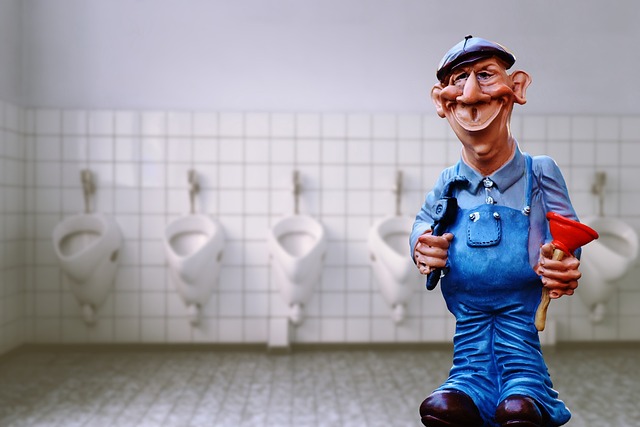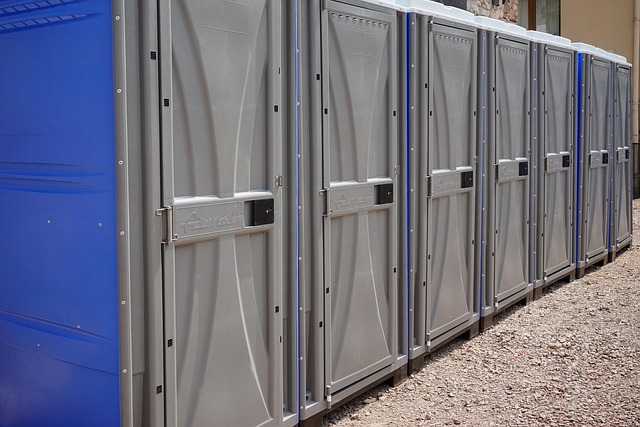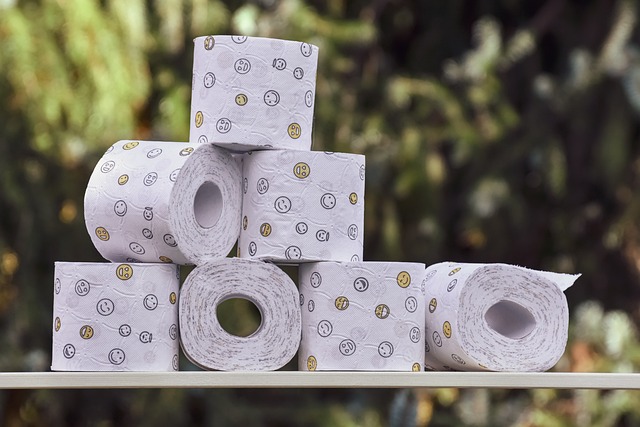Toilet clogs can be caused by improper disposal, hair, or grease build-up, but severe cases may involve broken pipes or foreign objects. Start with simple unclogging methods and assess severity based on persistent clogs, water level rise, or unusual noises. If DIY attempts fail, consult a professional plumber for complex issues like leaks, broken pipes, or specialized object removal using advanced tools. This ensures thorough diagnosis and resolution, preventing future clogs and saving time, money, and hassle.
Are you facing a toilet clog that just won’t budge? It’s time to dive into the world of clogged toilets and uncover whether it’s a quick fix or a major problem. Understanding common causes is the first step, followed by evaluating the severity—is it just a slow drain or a complete blockage? This guide will walk you through the process, including when to call in a professional plumber for effective, long-lasting solutions to your clogs. Learn how to unclog a toilet like a pro!
- Understanding Common Toilet Clog Causes
- Evaluating the Severity of the Clog
- When to Call in a Professional Plumber
Understanding Common Toilet Clog Causes

Toilet clogs can be frustrating and embarrassing, but understanding their causes is the first step in knowing how to unclog a toilet effectively. Common issues include flushable items like wipes, sanitary products, or paper towels being disposed of incorrectly. Hair, grease, and other debris accumulated over time can also create blockages, especially in older toilets. In many cases, a simple plunger can clear these clogs, but if the water stops draining entirely or only flows very slowly, it might be a sign of a more complex problem, such as a broken pipe or a severe buildup inside the drain line.
Identifying the root cause is crucial when deciding whether to tackle a clog yourself or call in a professional plumber. While DIY methods like using vinegar and baking soda or commercial drain cleaners can sometimes resolve minor clogs, they may not address deeper issues that require specialized tools and expertise. If you’ve tried basic unclogging techniques multiple times without success, it’s best to consult a pro who can inspect the toilet and drain system thoroughly.
Evaluating the Severity of the Clog

When faced with a toilet clog, the first step is to assess its severity. Start by attempting a basic how to unclog a toilet routine—a hot water flush or using a plunger can often clear minor obstructions. If this doesn’t work, it might be a sign of a more significant issue. Look out for persistent clogs that reoccur frequently or water levels that rise unusually high in the bowl after flushing.
Additionally, check for unusual noises like banging or gurgling sounds coming from the pipes. These could indicate a serious blockage further down the drain, requiring professional intervention. If the clog prevents waste from escaping entirely or causes severe flooding when flushed, it’s definitely not a quick fix and needs the expertise of a plumbing pro to diagnose and resolve.
When to Call in a Professional Plumber

If you’ve tried the standard DIY methods—like using a plunger or a home remedy—and your toilet clog still persists, it’s time to consider calling in a professional plumber. Not all clogs are created equal; some can be minor inconveniences while others signal more severe issues beneath the surface. A skilled plumber has the tools and expertise to navigate these complex situations.
They can quickly diagnose the root cause of the problem, whether it’s an underlying plumbing issue, a broken pipe, or foreign objects that require specialized equipment to remove. By addressing the clog at its source, professionals can prevent future occurrences and ensure your toilet functions optimally, saving you time, money, and the hassle of repeated unclogging attempts.
Knowing when to tackle a toilet clog yourself or call in a professional is crucial for effective plumbing maintenance. By understanding common causes and evaluating clog severity, you can make informed decisions regarding your DIY abilities. Remember, while quick fixes are tempting, some clogs may indicate deeper issues requiring expert intervention. When in doubt, consult a qualified plumber to ensure long-term solutions and avoid potential damage. Embrace the wisdom of knowing when to seek professional help for seamless and efficient toilet unclogging.
